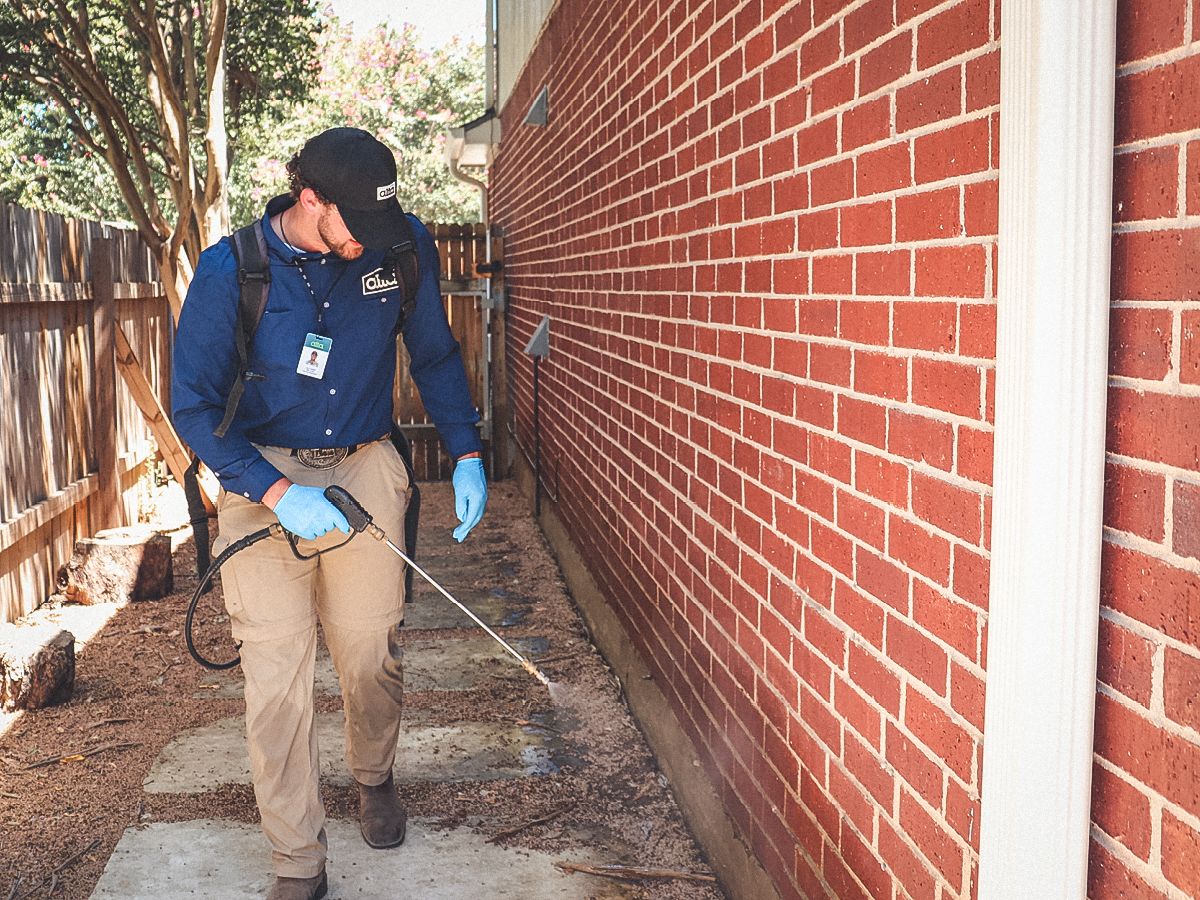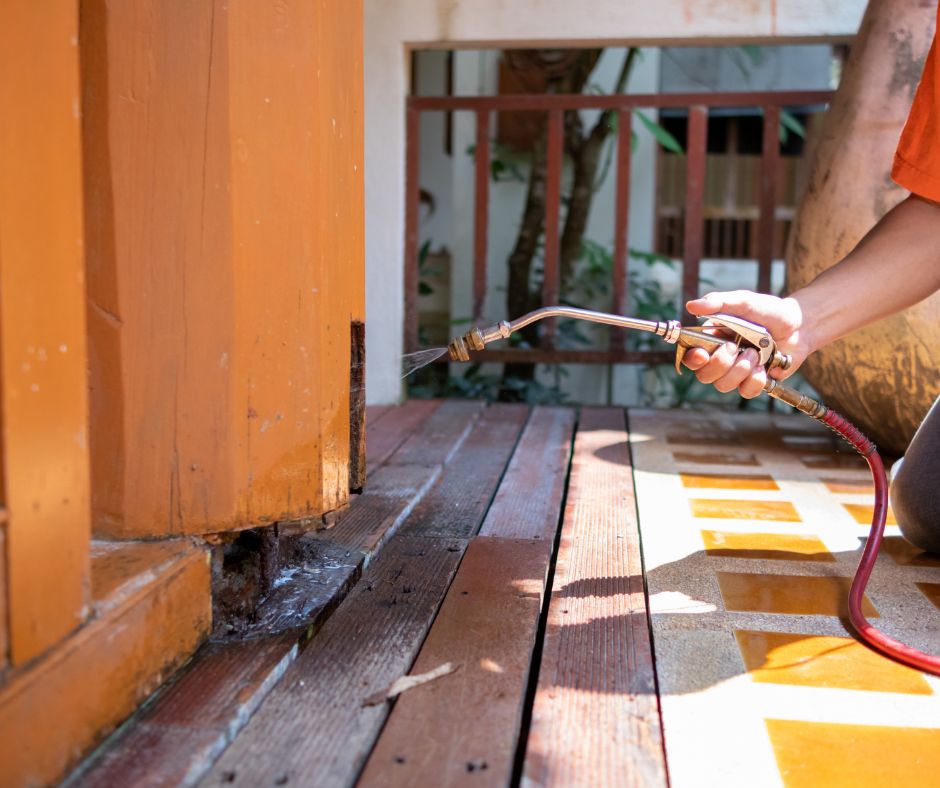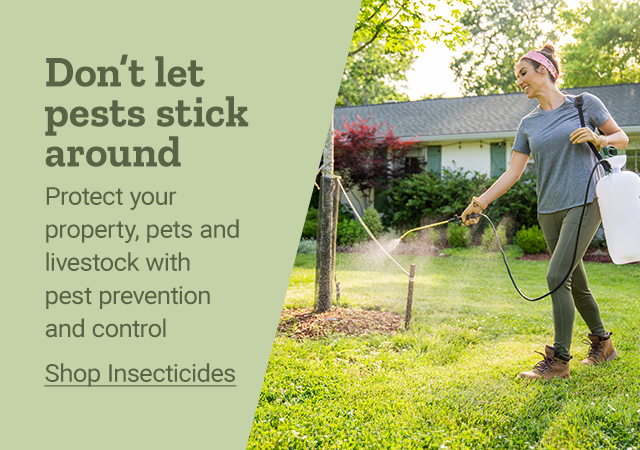Trusted Rodent Control Port Charlotte to Keep Your Home Clean from Rodents
Uncover the Relevance of Parasite Control in Preserving a Healthy Environment and Therapy Strategies

The Role of Parasites in Communities
Parasites, commonly viewed exclusively as nuisances, play a complex role in ecological communities that is important for maintaining environmental equilibrium. They contribute dramatically to various eco-friendly procedures, including pollination, nutrition biking, and pest control. For example, several insect species, such as butterflies and bees, are important pollinators for a wide variety of plants, which in turn supports biodiversity and food manufacturing.
In addition, parasites serve as prey for various predators, producing a crucial link in food webs. This interdependence makes sure the survival of numerous varieties and helps control populations within ecological communities (Termite treatment Port Charlotte). Decomposer pests, such as certain beetles and fungi, are important in breaking down organic matter, thus enriching dirt and promoting vitamins and mineral recycling.
Alternatively, while insects can be helpful, their overpopulation or invasion right into non-native settings may disrupt these environmental features. This complexity underscores the importance of recognizing pest characteristics, as reliable parasite administration techniques should consider both their eco-friendly duties and prospective impacts on human activities. Balancing pest visibility while lessening damage is vital for preserving the honesty of ecological communities and making certain farming efficiency.
Health Threats Connected With Insects
The presence of bugs in different environments prolongs beyond their ecological duties, as they likewise pose considerable health threats to people and animals. Several bugs, including bloodsuckers, rodents, and pests, are service providers of diseases that can have significant health and wellness ramifications. Rats are understood to send hantavirus and leptospirosis, both of which can lead to severe breathing and kidney concerns, respectively.
Bugs such as ticks and insects are infamous for spreading out vector-borne diseases like malaria, dengue fever, and Lyme disease. These illnesses can result in high morbidity and death prices, particularly in vulnerable populations. Furthermore, parasites like bedbugs and cockroaches can intensify allergies and bronchial asthma, adding to respiratory system problems in people, especially those with pre-existing conditions.
Moreover, the visibility of parasites can bring about psychological stress and discomfort, impacting total health. Contamination of food and surface areas by parasite droppings and continues to be can lead to foodborne diseases, highlighting the significance of preserving hygienic conditions. Recognizing the health threats linked with bugs is vital in acknowledging the requirement of effective parasite management methods to secure human and animal health.
Benefits of Efficient Parasite Control
Reliable pest control is essential for preserving a healthy and safe atmosphere, as it consistently reduces the countless dangers associated with parasite invasions. One of the main benefits of efficient parasite administration is the decrease of health risks.
In addition, efficient pest control safeguards home and frameworks from damages. Numerous parasites, like termites and woodworker ants, can trigger substantial architectural damage that may require expensive repair services. By proactively managing these home owners, businesses and problems can secure their financial investments.
Another significant benefit is the Resources enhancement of overall top quality of life. A pest-free setting adds to psychological wellness and lowers tension connected with infestations. Moreover, reliable insect control fosters a safer atmosphere for pets and kids, making sure that homes continue to be refuges totally free from disease-causing microorganisms and damaging chemicals.
Usual Parasite Control Strategies

In the realm of bug management, various methods are employed to deal with infestations properly. These strategies can be generally categorized right into three main strategies: social, mechanical, and chemical controls.
Cultural control includes modifying methods to minimize bug recreation, survival, and facility. This may include crop turning, appropriate hygiene, and habitat adjustment, which collectively produce an atmosphere much less conducive to pest expansion.
Mechanical control utilizes physical techniques to remove insects (Termite treatment Port Charlotte). Strategies such as catches, barriers, and vacuums are frequently utilized to straight remove insects from an area. This approach is particularly effective for taking care of rats and insects without using damaging chemicals
Chemical control includes the application of chemicals to take care of insects. These compounds can be categorized into fungicides, pesticides, and herbicides, each targeting specific kinds of parasites. It is essential to make use of these chemicals carefully, adhering to security guidelines and guidelines to minimize possible injury to non-target species and the setting.
Each insect control strategy has its constraints and advantages, and usually, an incorporated technique combining numerous techniques generates the most effective results in maintaining a pest-free environment.
Lasting Parasite Management Practices
Lasting bug administration practices incorporate a variety of techniques created to reduce environmental impact while effectively managing pest populaces. These practices focus on making use of environmentally pleasant techniques over chemical pesticides, therefore reducing the threat of damage to non-target types, consisting of valuable bugs, wild animals, and humans.
Integrated Insect Monitoring (IPM) is a foundation of lasting practices, integrating organic, cultural, mechanical, and chemical methods to manage parasites. Organic control involves presenting all-natural predators or find an exterminator near me parasites to subdue bug populaces. Cultural methods, such as plant rotation and polyculture, disrupt pest life process and enhance ecosystem durability.
Mechanical methods, such as obstacles or traps, can properly prevent insect accessibility without chemical treatment. Additionally, preserving healthy and balanced communities via correct soil monitoring, plant health, and biodiversity can naturally reduce bug problems.
Education and learning and awareness are important elements, equipping neighborhoods and people to identify bug hazards early and carry out safety nets. Termite treatment Port Charlotte. By cultivating a holistic approach that stabilizes parasite control with eco-friendly honesty, lasting bug administration techniques not only protect crops and frameworks yet additionally add to a much healthier setting for future generations
Verdict

Comprehending the health threats connected with pests is critical in identifying the necessity of reliable bug management approaches to protect human and animal wellness.
Efficient pest control is crucial for preserving a healthy and risk-free setting, as it constantly mitigates the many risks connected with pest pest control devices problems.Integrated Bug Management (IPM) is a foundation of lasting methods, incorporating biological, social, mechanical, and chemical techniques to take care of pests. By comprehending the duty of pests, recognizing connected wellness risks, and utilizing varied treatment methods, a lasting strategy to pest administration can be attained. Integrated Pest Management (IPM) highlights an all natural method that alleviates injury to helpful microorganisms while efficiently managing bug populaces.